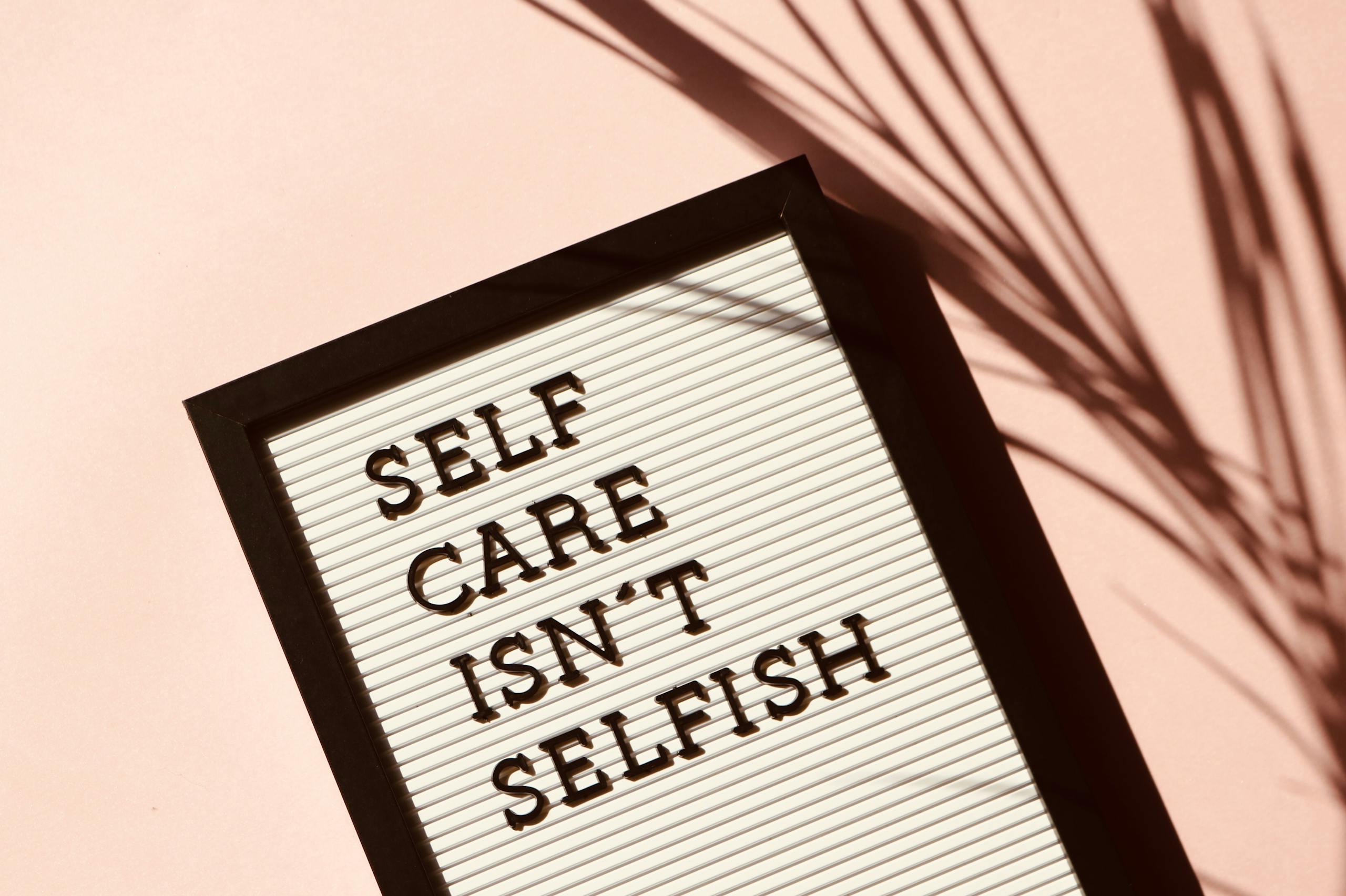10 Rare Life-Changing Abilities School Never Taught You
While school provides essential knowledge in subjects like math, science, and literature, it often fails to teach us some of the most crucial life skills. These rare yet life-changing abilities can shape our success, happiness, and overall well-being. These are skills that help us navigate real-world challenges, build strong relationships, and achieve personal growth.
In this article, we explore ten transformative abilities that school never taught but can change your life for the better.
1. Emotional Intelligence
Emotional intelligence (EQ) is the ability to understand, manage, and regulate emotions in yourself and others. While academic success is often emphasized in school, EQ plays a far more significant role in relationships, leadership, and personal well-being.
- Developing self-awareness helps you recognize emotions and understand how they influence your decisions.
- Empathy enables you to connect with others, build trust, and maintain healthy relationships.
- Practicing emotional regulation helps you manage stress, resolve conflicts, and maintain composure under pressure.
Learning to improve your emotional intelligence can significantly enhance your interactions and overall quality of life.
Furthermore, research shows that individuals with high emotional intelligence tend to be more successful in leadership roles, have stronger social connections, and experience lower levels of anxiety and stress. By practicing mindfulness and self-reflection, you can enhance your EQ and lead a more balanced life.

2. Critical Thinking and Decision-Making
Schools focus on memorization and standardized testing, but they rarely teach how to think critically and make sound decisions in real-life situations.
- Critical thinking allows you to analyze situations, question assumptions, and solve problems creatively.
- Good decision-making skills help you assess risks, weigh pros and cons, and make informed choices.
- Practicing logical reasoning can help you avoid impulsive decisions and think long-term.
The ability to think independently and make rational decisions is crucial for personal and professional success.
In a world filled with misinformation and rapid change, critical thinking is more essential than ever. Being able to evaluate information objectively and apply reasoned judgment helps you avoid manipulation and make choices that align with your long-term goals.
3. Negotiation and Persuasion
Negotiation is a powerful skill that can help you in job interviews, business deals, and everyday life. Unfortunately, it’s rarely covered in traditional education.
- Understanding the art of persuasion allows you to influence outcomes and create win-win situations.
- Learning how to communicate your needs clearly can help you negotiate better salaries, contracts, and agreements.
- Confidence in negotiation helps you advocate for yourself and seize better opportunities.
Mastering this ability can lead to significant personal and financial benefits.
One of the best ways to improve your negotiation skills is by practicing active listening and emotional intelligence. Understanding the other party’s perspective and responding strategically can help you achieve favorable outcomes in both professional and personal settings.
4. Resilience and Adaptability
Life is full of unexpected challenges, and the ability to adapt and bounce back is essential for long-term success.
- Resilience helps you recover from setbacks, failures, and hardships without losing motivation.
- Adaptability allows you to embrace change and navigate uncertain situations with confidence.
- Learning how to reframe obstacles as learning opportunities fosters a growth mindset.
By strengthening resilience, you can overcome adversity and continue striving towards your goals.
Studies have shown that people with high resilience levels are more likely to experience personal fulfillment and professional success. Practicing mindfulness, seeking support networks, and maintaining a positive mindset can significantly enhance your ability to adapt to change.

5. Financial Literacy
Despite its importance, financial education is rarely taught in schools, leaving many people unprepared for real-world money management.
- Understanding budgeting, saving, and investing can lead to financial security and independence.
- Learning about credit, loans, and interest rates helps you avoid debt traps and make wise financial decisions.
- Developing wealth-building habits early can create long-term financial stability.
Mastering financial literacy empowers you to take control of your money and build a secure future.
To improve financial literacy, consider reading books, attending workshops, or using budgeting apps to track expenses. Gaining financial knowledge can help you create wealth, eliminate debt, and prepare for future financial success.
6. Effective Communication Skills
Communication is one of the most valuable skills in life, yet traditional education often overlooks its real-world application.
- Public speaking and persuasive writing help you express ideas clearly and confidently.
- Active listening improves relationships and fosters mutual understanding.
- Non-verbal communication, such as body language and tone, plays a crucial role in conveying messages effectively.
Improving your communication skills can open doors to better career opportunities and stronger personal connections.
Great communicators are often seen as strong leaders. Whether you’re giving a presentation, writing an email, or engaging in a difficult conversation, refining your communication skills can help you gain respect and influence others effectively.
7. Time Management and Productivity
Managing time effectively can significantly boost efficiency and reduce stress, yet schools rarely teach practical time management techniques.
- Prioritization helps you focus on high-impact tasks and avoid unnecessary distractions.
- Learning productivity techniques like the Pomodoro Technique or Eisenhower Matrix improves workflow.
- Setting clear goals and deadlines keeps you accountable and motivated.
Mastering time management allows you to achieve more while maintaining work-life balance.
Developing good time management habits, such as planning your day in advance and eliminating distractions, can drastically increase productivity and reduce stress.
8. Self-Discipline and Habit Formation
Success is often the result of discipline and consistent habits rather than talent or luck.

- Developing self-discipline helps you resist distractions and stay committed to long-term goals.
- Understanding habit formation allows you to replace bad habits with positive, life-enhancing ones.
- Creating routines and rituals builds consistency and leads to personal growth.
By harnessing the power of habits, you can create a fulfilling and productive life.
Setting small, achievable goals and holding yourself accountable can improve self-discipline and long-term success. Many of the world’s most successful people credit their accomplishments to strong daily habits.
9. Conflict Resolution and Relationship Management
Disagreements and conflicts are inevitable in both personal and professional life. However, the ability to resolve conflicts effectively can improve relationships and reduce stress.
- Understanding different perspectives allows you to communicate empathetically and find common ground.
- Remaining calm and composed helps de-escalate tense situations and find solutions without aggression.
- Using active listening and compromise ensures that all parties feel heard and respected, leading to a resolution that benefits everyone.
Mastering conflict resolution can help you maintain healthier relationships, whether with colleagues, family members, or friends.
Many successful leaders emphasize the importance of managing relationships and handling disagreements with diplomacy. Schools rarely teach this crucial skill, but it can make a huge difference in your personal and professional life.
10. Self-Awareness and Mindfulness
Self-awareness is the foundation of personal growth and emotional well-being. When you understand your emotions, thoughts, and behaviors, you can make better decisions and live with greater intention.
- Practicing mindfulness helps you stay present and reduce stress, anxiety, and overthinking.
- Journaling and self-reflection allow you to identify patterns and work on self-improvement.
- Understanding your strengths and weaknesses enables you to set realistic goals and leverage your abilities effectively.
Developing self-awareness is a lifelong process, but the benefits are profound. It can lead to increased confidence, emotional stability, and a stronger sense of purpose.
Many of the world’s most successful individuals practice mindfulness and self-awareness techniques daily. Incorporating meditation, deep breathing, and gratitude exercises can help you enhance your overall well-being.
Final Thoughts
While traditional education is valuable, it often fails to teach the essential life skills that contribute to long-term success and happiness. Developing these rare yet powerful abilities can profoundly impact your career, relationships, and personal growth. The good news is that it’s never too late to learn and apply these skills. Start incorporating them into your daily life and watch how they transform your future.
FAQs
1. Why aren’t these skills taught in schools?
Most educational systems prioritize academic subjects over practical life skills, often due to standardized curriculums and traditional teaching methods.
2. How can I develop these abilities on my own?
You can improve these skills by reading books, taking online courses, practicing mindfulness, and seeking mentorship from those who excel in these areas.
3. Which of these skills is the most important?
All these skills are valuable, but emotional intelligence, financial literacy, and critical thinking often have the most immediate impact on daily life.
4. How can I practice resilience in daily life?
By maintaining a positive mindset, learning from failures, and building a strong support system, you can enhance resilience and adaptability.
5. Can these skills improve my career prospects?
Absolutely! Strong communication, negotiation, time management, and emotional intelligence can help you stand out and excel in any career field.







